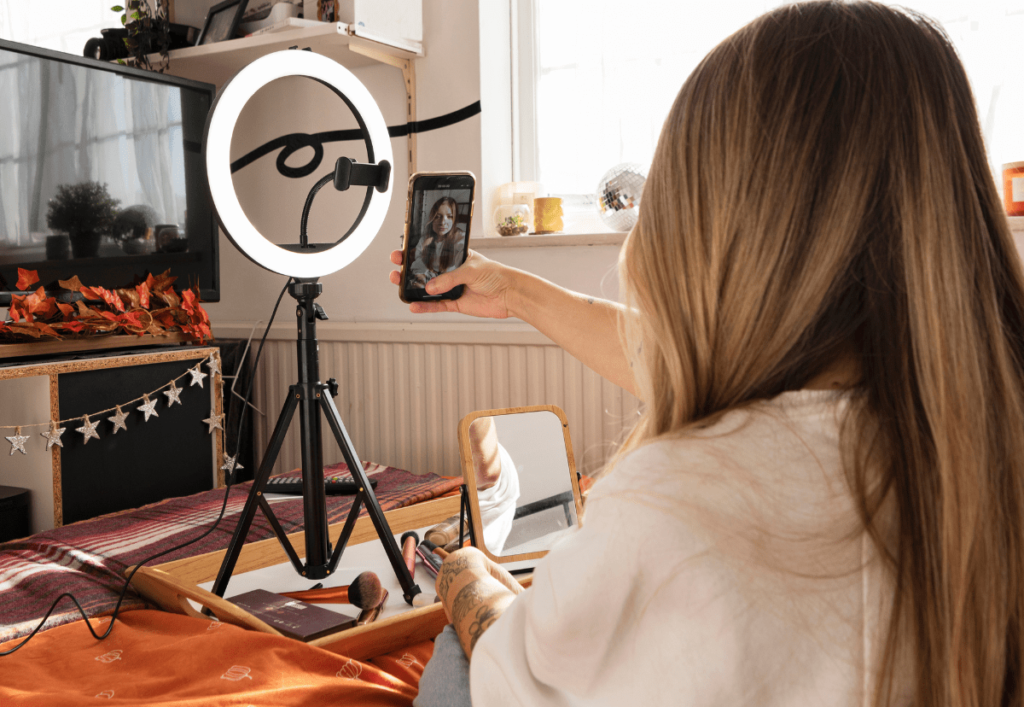
YouTube has introduced a new feature, which might soon change how music is used on Shorts, and it lets creators generate AI-powered song remixes. This new tool, an element of YouTube’s Dream Track initiative, allows creators to take a song and remix it into a special 30-second version of that track that’s specific to a video.
How Does the Feature Work?
This process is astonishingly simple: the person can pick one from a library of eligible songs and then describe to the AI – in text form – exactly what they want to change about the song. They can change the genre, the mood, or even the style of the song. The AI analyzes the prompt and then generates a new version of the song with seamless integration of the creator’s vision.
What’s truly impressive is that the AI can recap the original song, and yet still offers some new musical patterns that fit the instructions from the creator. This opportunity is vast because a pop song could be changed into a hip-hop beat or even a classic rock sound given a modern electronic twist.
Impact on Content Creation
This new feature holds many possibilities for revolutionizing the way creators create their music in Shorts as it would develop creativity and experimenting on customized remixes. Now, creators can find the perfect sound for their videos instantly, even if it may not be exactly what they intended to have with the song actually.
This would also help level the playing field for smaller creators who can’t access professional resources for music production. Nowadays, with AI-assisted remixing, they are producing high-quality audio on par with those more established content creators.
However, this feature is still in its infancy. So far, it has only been deployed to a few of the studio’s content creators. YouTube has not indicated when it will make the feature generally available, but it is also safe to assume that this tool will soon be accessible to many more people.
Ethical Issues
With any technology that’s powered by AI, of course, are considerations that bring ethical mindfulness, for instance. Deep fakes, or an unauthorized remix, is one thing that might go against the grain, YouTube has taken control, taking a string of demands in regard to letting creators attribute the original song and informing viewers that the remix was, in fact, AI generated.
Questions also arise about the impact on the music industry. This feature is fantastic for the creators because it introduces new tools; it, however does disrupt the traditional models of music licensing. YouTube must work very closely with the music industry to ensure that artists and rights holders get fair compensation for their work.
